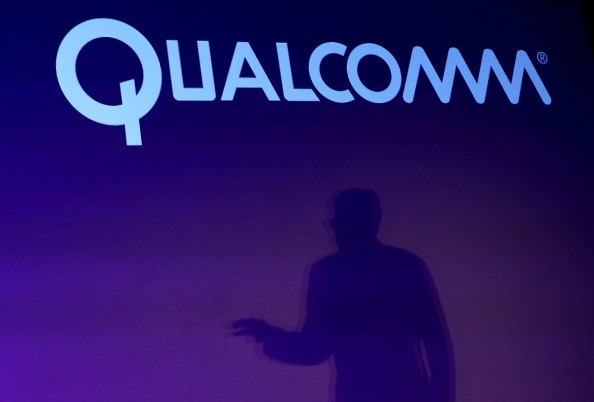In what could have been Android's take on a technology that Apple already has, they have fumbled the ball, as the Snapdragon Satellite did not see a massive adoption in the tech, and now, it is ending. Qualcomm and Iridium's work on this satellite texting service saw its partnership getting canceled, with the service soon seeing its end, leaving only select Android devices with satellite capabilities.
While there is not much adoption yet for satellite technology in regular settings, emergency services like what Apple offers have proven to be an effective way of sending out distress calls in times of need.
Snapdragon Satellite Canceled: Qualcomm, Iridium Ends Partnership

Snapdragon Satellite is now canceled by Qualcomm and Iridium, with the renowned chip maker cutting the program short, with its partnership with the satellite communications company now coming to an end.
In a statement by Iridium, the company addressed that Qualcomm pulled the plug on this partnership because of its low adoption rate.
"The companies successfully developed and demonstrated the technology; however, notwithstanding this technical success, smartphone manufacturers have not included the technology in their devices. Due to this, on November 3, 2023, Qualcomm notified Iridium that it has elected to terminate the agreements, effective December 3, 2023."
-Iridium
It was regarded by reports that the price of this adoption also discouraged brands and manufacturers.
What is Next for Android's Satellite Texting Service?
That being said, Iridium said that they and Qualcomm have proven their technology to be a reliable one on the industry, and the global scale.
With the companies going their separate ways, Iridium can now partner with smartphone OEMs, other chipmakers, and phone OS developers for future adoption of satellite for mobile devices.
Satellite Text Service in the Industry
Last year marked one of the most important features launched by Apple, and this is with the Emergency SOS service initially debuted for the iPhone 14 lineup. However, it was a different story for this year's iPhone 15, as the company improved this service and is limited to the device, offering the Emergency SOS with Roadside Assistance with AAA for the US region.
There is also SpaceX's Starlink's take on this satellite texting capabilities with the so-called "Direct to Cell" service that will first arrive by 2024. With Elon Musk's push for this tech, Starlink partners with many countries' telecommunications companies like T-Mobile for the US region, and will expand more come 2025 offering voice, LTE, and IoT connections soon.
Satellite communications will expand more in the future, and with services like Starlink, there will no longer be a need for systems created specifically for this connection. While this does not relate to Qualcomm's Snapdragon Satellite end, its low adoption and interest among the Android phone industry is one of the reasons that killed it, with the company and Iridium now parting ways.
Related Article : AST SpaceMobile Successfully Transmitted 4G Signal from Space, Satellite Cell Service Soon?

ⓒ 2025 TECHTIMES.com All rights reserved. Do not reproduce without permission.




